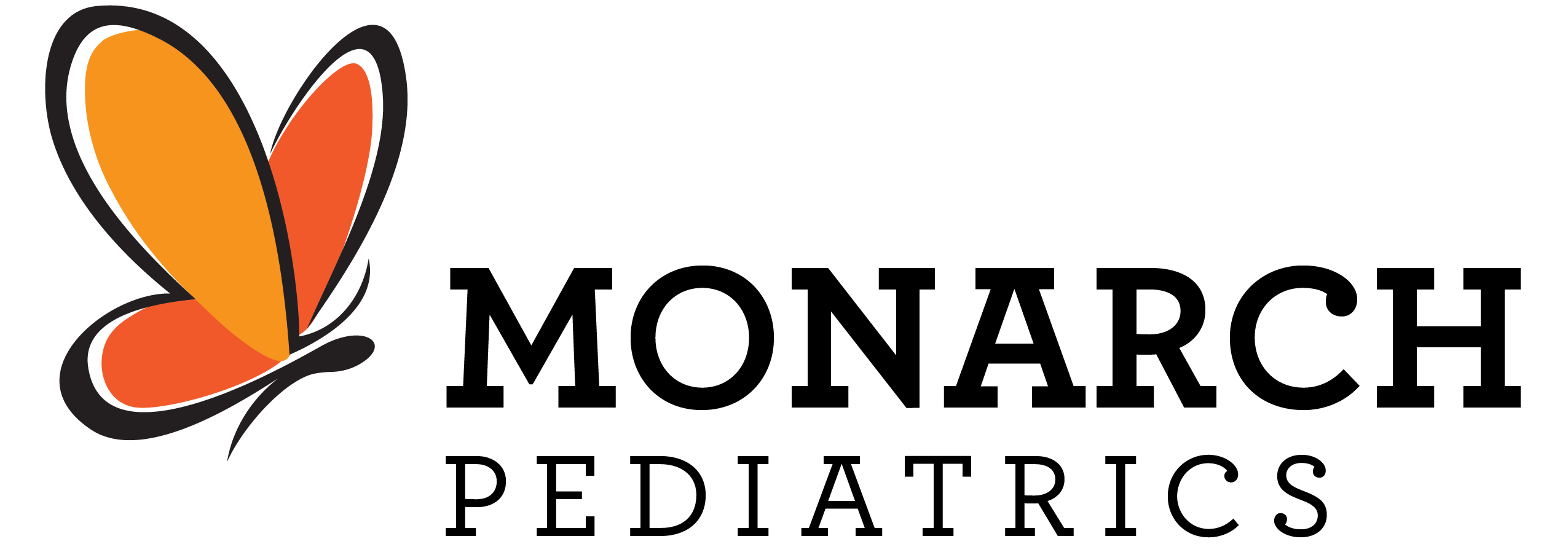Feeding Cereal and Solids

The later you start feeding your baby solid foods, the better it is for your baby. A baby will gain more weight and receive a more nutritious diet this way.
At 5 months: A general rule for formula-fed infants is that when a baby is consuming greater than 32-35 ounces per day of formula and is beyond 16 weeks of life, it is time to consider cereal. It is best to wait with exclusively breast-fed infants until closer to 6 months.
Start with pre-cooked rice or oatmeal cereal. As with each new food that you will start throughout infancy, you will repeat the same new food for 3-4 consecutive days before challenging with another new food.
At first dilute the cereal to a soupy consistency and then gradually increase the proportion of cereal to formula. All babies have to learn to eat from a spoon, so offer the baby cereal from a bowl and spoon feed once daily. As the cereal is progressively thickened, move on to twice per day and then eventually try oatmeal or barely cereal if you choose.
At 6 months: Yellow and green vegetables may now be offered, again challenging with the same new food once per day for 3-4 consecutive days. Try your baby on peas, carrots, green beans, sweet potatoes, squash. Also please puree all the legumes(black beans, kidney beans, lentils, etc.). We recommend challenging with the vegetables before the fruits because the fruits are sweet while the vegetables tend not to be. So let’s get the babies into good habits early by enjoying vegetables first. Signs of intolerability would include hives or excess vomiting.
Then attempt the fruits in the same manner as you tried the vegetables. Offer peaches, bananas, pears, applesauce, and prunes, and especially avocado. Now your baby should be eating solids twice a day, usually a fruit and cereal in the morning and a vegetable and cereal in the evening. Juice is simply sugars, with little nutritional value. Formula, breast milk, and water are more than adequate liquids. Our preference is for no juice at all, unless the child is constipated.
At 8 months: Strained meats may now be started, but continue to encourage fruits and vegetables.
At 8-9 months: Soft table foods and finger foods may now be introduced. As your child’s pincer grasp (thumb and finger placed together to pick up objects) develops, so should his ability to self feed. Foods that should be avoided until 24 months include PURE HONEY, TREE NUTS. Honey can contain botulism, which can make your baby ill. Nuts are a choking hazard. Peanut butter is highly allergenic but our allergists now recommend very slow introduction of this food at 6 months. Eggs and shellfish can also be allergenic, and we recommend waiting to the introduction of these foods until 9-12 months.
At 12 months: Many babies can be taken off formula and weaned to 2% or whole milk. Taking your baby off of formula is an important step. The new milk should be treated as a new food. This is done by substituting one bottle of milk for one bottle of formula the first day, then adding one bottle every third or fourth day until the baby is totally on the new milk. 20-24 ounces of milk per day should be sufficient intake. An alternative wean would be to mix one part formula to one part cow’s milk for four to five days, then three parts cow’s milk to one part formula for four or five days. After ten days, your baby should be able to tolerate straight cow’s milk. Now is also a good time to wean your baby off the bottle and onto the sippee cup. Please consult the office during office hours for other feeding issues.
We Want to Hear From You
We are accepting new patients…

New Location
as of June 28, 2021:
7675 Wolf River Circle #102
Germantown, TN 38138
Office Hours:
Monday through Friday
8:00 am until 5:00 pm.
Appointments:
901-755-8300